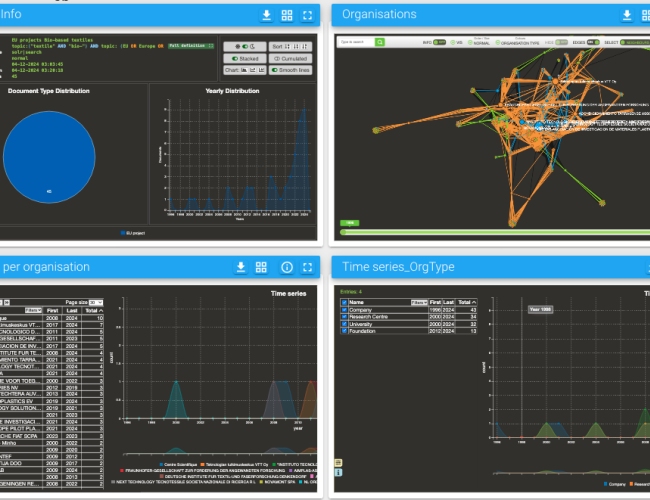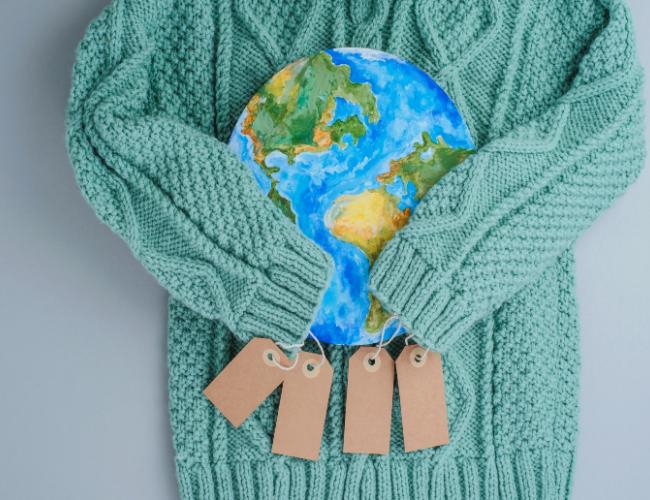This video explores the European textile industry and examines the key factors suggested to scale up the production of bio-based fibres (2024).
Brief me
- The EU policy supports a sustainable development of the textile industry, increasing textile-to-textile recycling and limiting overproduction.
- Within this context, the bio-based textile sector plays a crucial role, as it can contribute to reduce the use of virgin fossil-based synthetic materials.
- The European bio-based textiles sector provided on average 754 700 jobs and EUR 25 billion added value on annual basis over the last decade.
- Key factors to enable the sector growth in EU are: strengthen and upscale local EU value chains, identify and promote sustainable sources of biomass feedstock and support innovation.
Find out more in the brief and discover more resources in Explore further.
Explore further
Relevant bio-based textiles policies
Learn how the EU supports sustainable textiles production and consumption and how the policy is evolving.
Study on textiles for product policy instruments
Follow the progress towards the introduction of new ecodesign, green public procurement and revised EU Ecolabel criteria for textiles.
Reports and articles on bio-based textiles
Access the latest, most impactful science-based works on bio-based textiles from multiple sources.
Data on bio-based textiles
Consult relevant datasets made available by high profile institutions.
From raw materials to final textile products
Take advantage of overviews and interactive tools made available by the European Commission to improve your understanding of the textiles value chain.
Networks and expert groups for bio-based textiles
Explore platforms and working groups with a focus on bio-based fibres and innovative textiles.








